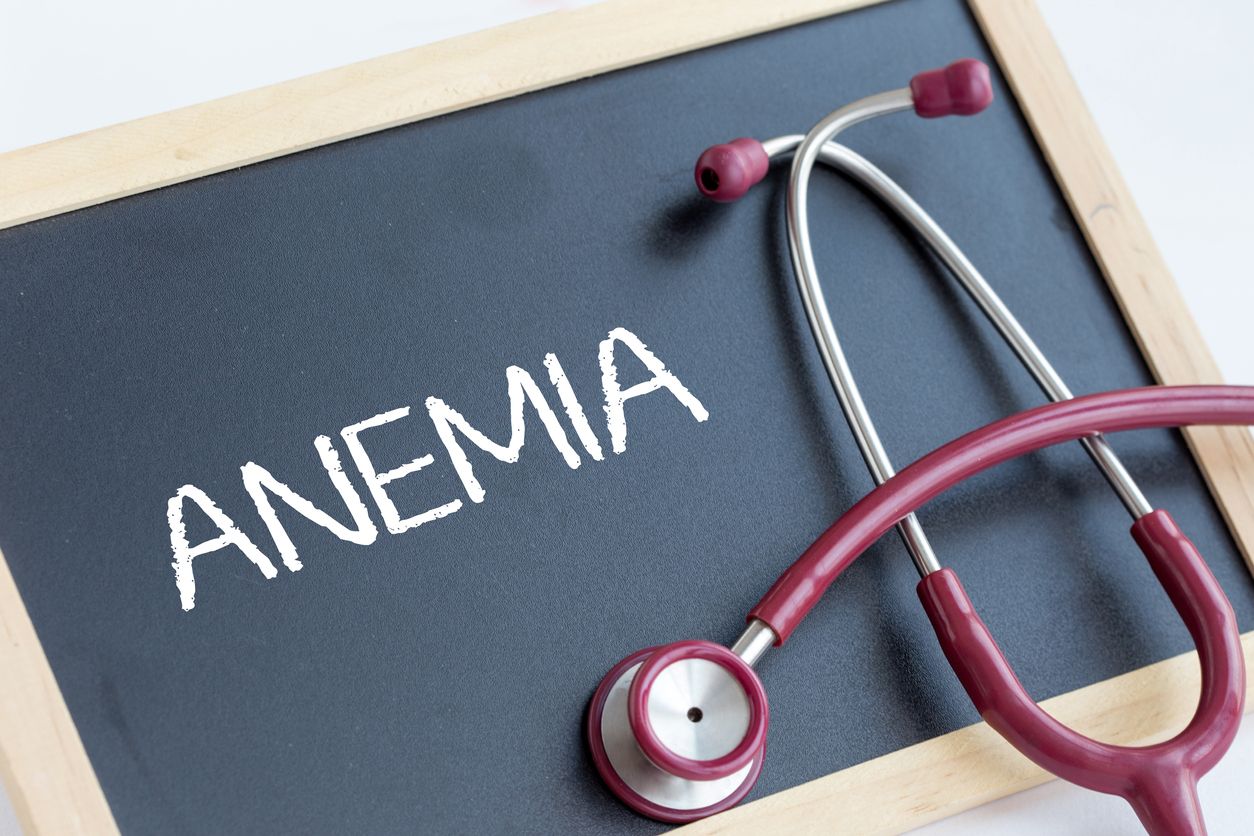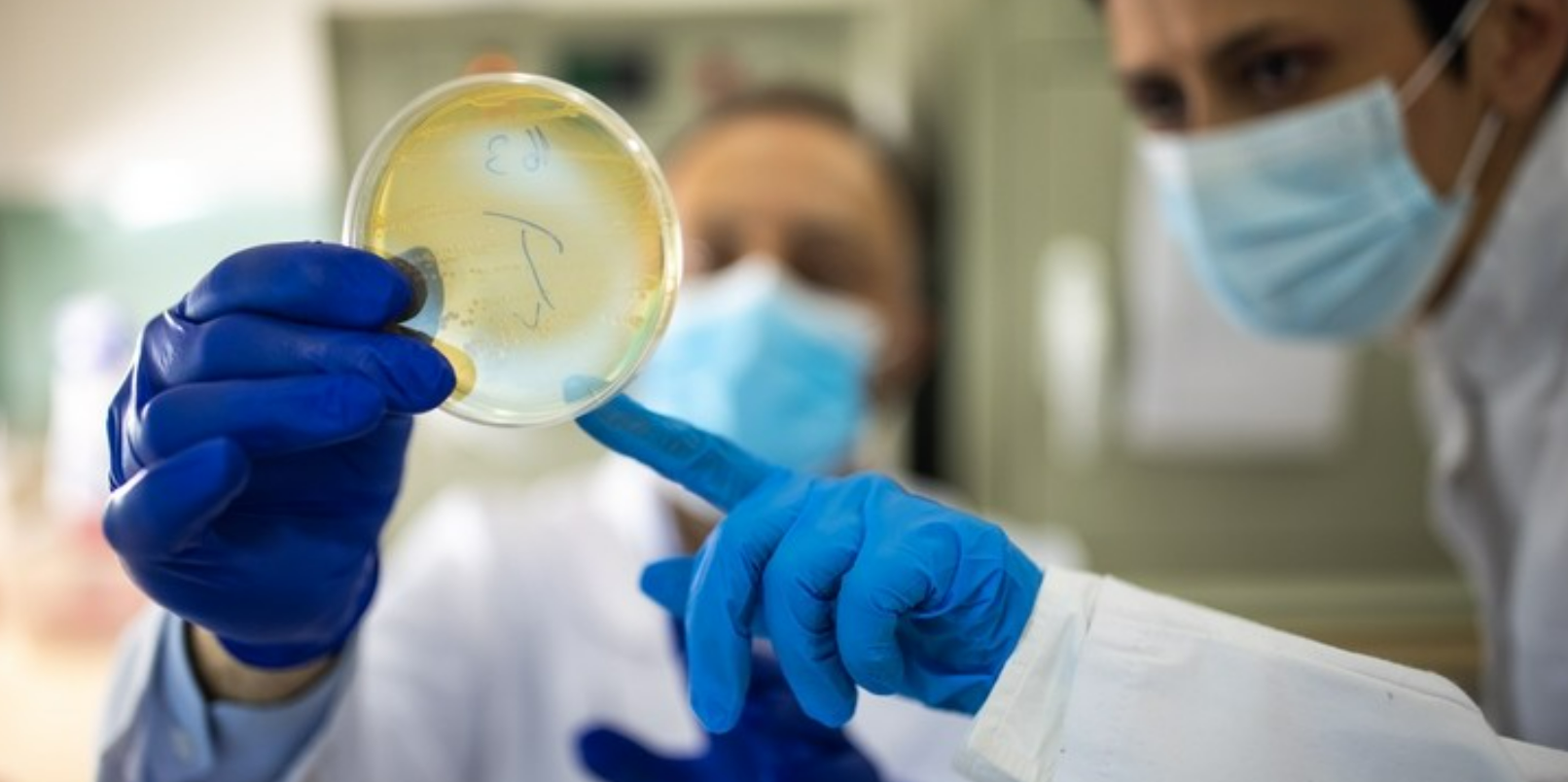Anemia Uncovered: Causes, Symptoms, and Effective Treaties
Anemia a condition marked by a deficiency of red blood cells or hemoglobin in the blood is more than just feeling a little tired. It's a health concern that can lead to serious complications if left untreated. It's a silent thief that robs the body of energy leaving a person feeling weak tired and out of breath. But anemia is not an invincible foe. With understanding proper management and the right treatment it's a condition that can be effectively tackled.
Understanding anemia means more than just knowing it's about low blood count. It's about understanding the role of red blood cells and hemoglobin in your body recognizing the symptoms that suggest a deficiency and knowing how to respond. It's about understanding the different types of anemia especially the most common type - iron deficiency anemia and knowing how to prevent and treat them.
Types of Anemia causes
Anemia is a condition that develops when your blood lacks enough healthy red blood cells which are responsible for carrying oxygen to your body's tissues. There are several potential causes of anemia including:
- Iron Deficiency Anemia: Iron deficiency anemia is the most common type of anemia worldwide. Iron is a crucial component of hemoglobin and when the body's iron supply becomes severely depleted it results in a decrease in the number of red blood cells. This deficiency can occur due to poor dietary intake of iron poor absorption of iron by the body pregnancy (where the body's iron needs increase) or loss of blood from injury or menstruation.
- Vitamin Deficiency Anemia: Also known as megaloblastic anemia this type of anemia is caused by a deficiency in certain vitamins particularly vitamin B12 and folate. These vitamins are essential in the production of healthy red blood cells. When they are deficient the body may produce large irregular red blood cells that cannot function properly.
- Anemia from Chronic Diseases: Certain chronic diseases — such as cancer HIV/AIDS rheumatoid arthritis kidney disease and inflammatory diseases — can disrupt the production of red blood cells leading to chronic disease anemia. This type of anemia can be more long-term and difficult to treat.
- Aplastic Anemia: This is a serious though rare form of anemia. In aplastic anemia the body stops producing enough new blood cells leading to shortages of red and white blood cells and platelets in the body. It can be caused by various factors including certain infections auto-immune diseases exposure to toxic chemicals and the use of specific medications.
- Anemia due to Bone Marrow Diseases: Certain diseases such as leukemia or myelofibrosis may affect the blood production in your bone marrow causing anemia. These diseases can cause a decrease in the production of red blood cells leading to anemia.
- Hemolytic Anemias: This group of anemias develop when red blood cells are destroyed faster than bone marrow can replace them. Hemolytic anemias can be inherited (such as sickle cell anemia) or they can develop later in life due to illnesses autoimmune disorders or certain medications.
- Sickle Cell Anemia: This is a severe hereditary form of anemia in which a mutated form of hemoglobin distorts the red blood cells into a crescent shape at low oxygen levels. This can cause a multitude of complications and requires lifelong management.

Iron Deficiency Anemia Symptoms
Iron deficiency anemia is the most common type of anemia. It occurs when your body doesn't have enough iron to produce hemoglobin. Here are some common symptoms:
- Fatigue and Weakness: This is often one of the first signs of iron deficiency anemia.
- Pale Skin: Hemoglobin gives skin its rosy color so low levels cause the skin to become lighter.
- Shortness of Breath: Without enough hemoglobin your heart has to work harder to move oxygen-rich blood through your body leading to shortness of breath.
- Dizziness or Lightheadedness: This can occur if your brain isn't getting enough oxygen.
- Fast or Irregular Heartbeat: Your heart has to pump more blood to compensate for the lack of oxygen in your blood which can lead to an increased heart rate.
Understanding Anemia
Anemia is a condition that develops when your blood lacks enough healthy red blood cells or hemoglobin. Hemoglobin is a main part of red blood cells and binds oxygen. If you have too few or abnormal red blood cells or your hemoglobin is abnormal or low the cells in your body will not get enough oxygen.
Red blood cells (RBCs) and hemoglobin play an instrumental role in our body's biological operations. Manufactured within our bone marrow red blood cells work like a transportation fleet delivering oxygen to every corner of our body. Hemoglobin found inside red blood cells acts as the oxygen carrier. This iron-rich protein latches onto the oxygen molecules and travels with them through the bloodstream.
When the number of red blood cells is too low or if the hemoglobin is abnormal or insufficient this oxygen transportation system gets disrupted. The result is that the body's cells don't get the oxygen they need to function correctly.
Natural Remedies for Anemia
While medical treatment is often necessary for anemia certain dietary changes and natural remedies can help boost your iron levels and improve your symptoms. Here are some strategies:
- Iron-Rich Diet: Consuming a diet high in iron-rich foods like spinach red meat lentils and fortified cereals can help improve iron levels.
- Vitamin C: Vitamin C helps your stomach absorb iron. Eating vitamin C-rich foods like oranges strawberries and bell peppers can help increase iron absorption.
- Regular Exercise: Regular physical activity can help stimulate the production of red blood cells.
- Avoid Certain Foods: Some foods like coffee tea and foods high in calcium can inhibit iron absorption.
Conclusion
Anemia particularly iron deficiency anemia is a common health concern that can cause a range of symptoms. But it's not a condition that you have to simply accept and live with. Understanding the symptoms and causes of anemia is the first step towards managing this condition. With the right dietary changes natural remedies and medical treatments it's possible to boost your iron levels increase your red blood cell count and manage the symptoms of anemia effectively.
Remember anemia may be common but it's also manageable. With the right knowledge and strategies you can take control of your health and live a vibrant energetic life. As we conclude this article we encourage you to continue your exploration and learning about anemia. There's a wealth of information out there and every person's experience with anemia is unique. Keep exploring keep learning and keep managing your anemia effectively. Anemia may be a common health concern but with the right knowledge and strategies you can live a healthy vibrant life.





